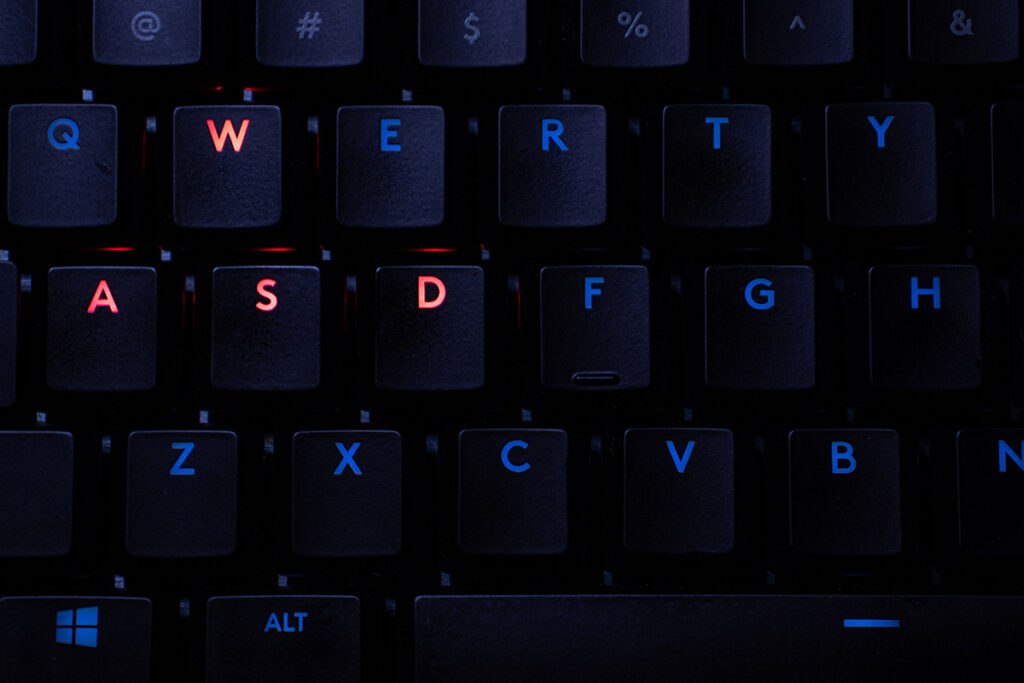In a landmark update, Microsoft is set to redefine the user experience for Windows PC users globally. The tech giant has announced the addition of a new “Copilot” key to the Windows keyboard, marking the most significant change in keyboard design in the last 30 years. This innovative feature is poised to make 2024 the year of the AI-powered personal computer.
The Copilot key brings the power of artificial intelligence to the fingertips of PC users. With a single click, it enables immediate access to Microsoft’s AI chatbot. This integration is expected to greatly simplify and enhance various computing tasks, such as drafting emails and searching for information. The convenience of having an AI assistant readily accessible through the keyboard is a significant step forward in making technology more user-friendly and efficient.
This groundbreaking feature is a result of Microsoft’s $13 billion investment in OpenAI, the technology underpinning the Copilot chatbot. The integration showcases Microsoft’s commitment to leveraging cutting-edge AI technology to enhance user experience. Notably, if the Copilot feature is not available or enabled in certain regions or devices, pressing the Copilot key will default to launching Windows Search, ensuring functionality remains consistent.
From an aesthetic and functional standpoint, the new Copilot key is distinctively designed, featuring a Copilot ribbon logo. Its strategic placement on the lower right side of the keyboard, near essential keys like the Space bar and Alt button, emphasizes ease of access and usability.
This innovation is particularly noteworthy as it represents the first major alteration to the Windows keyboard since the introduction of the Windows key in 1994. That key, now a staple on keyboards manufactured by companies such as Dell, Lenovo, and HP, had similarly marked a significant shift in keyboard functionality.
The announcement of the Copilot key comes just ahead of the CES tech convention, signaling a broader industry trend. Over the past year, major technology companies have been rapidly integrating AI tools into their product ranges, reflecting the growing importance of artificial intelligence in the tech landscape.
Moreover, Microsoft has teased a significant shift for 2024, hinting at a future where AI is seamlessly woven into every aspect of Windows. This includes the system level, silicon, and hardware, indicating a holistic approach to AI integration that could redefine the user experience across the entire Windows ecosystem.
As Microsoft and other tech giants continue to push the boundaries of AI integration, the way we interact with our devices is set to undergo a profound transformation, making our digital experiences more intuitive, efficient, and responsive to our needs.


